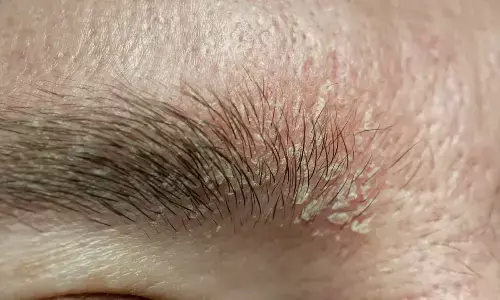Do pills for PCOS really help?

Do pills for PCOS really help?
PCOS is a chronic endocrinological condition that affects various facets of your health including your reproductive, metabolic and psychological.
PCOS is a chronic endocrinological condition that affects various facets of your health including your reproductive, metabolic and psychological. But with awareness, early identification of symptoms and proper guidance it can be managed. Lifestyle modification, dietary changes, and exercise are the first line of treatment and are the most effective solution for the long term but some women may need medical management as well.
Do all women with PCOS need medications?
Definitely no, depending on the woman's symptoms, medical history and any co-morbidities, a doctor can evaluate if medications are needed. Some commonly prescribed medications are oral contraceptive pills or birth control pills, metformin (insulin-sensitising drug) and sometimes nutraceuticals like myoinositol supplement. Some women with PCOS who aren't able to conceive naturally after making lifestyle modifications can be prescribed ovulation-inducing drugs to help stimulate ovulation and increase the chances of pregnancy.
Medications are not a bad thing
Taking medications is often seen as a failure to manage PCOS - this is not true. One of the reasons why women hesitate to take medication is because they want to either manage it on their own or "naturally". But in PCOS, sometimes treating the underlying hormonal imbalance may require more than just making lifestyle changes. Taking medications can actually give you the time to make lifestyle corrections, lose weight and follow a healthy routine.
Most medications prescribed for PCOS are only a temporary correction to help regulate hormones that are imbalanced. These medicines help achieve the required therapeutic window which may not be achieved naturally for the patient. Having said that, taking medications is not a replacement for making lifestyle modifications. Lifestyle changes with medications make the therapy the most effective.
What are the common medications for PCOS?
There is no single pill or treatment method for PCOS. Medications are usually prescribed to correct hormonal imbalances which can in turn mitigate symptoms like irregular periods, weight gain, hirsutism, acne and scalp hair loss, among others.
Oral contraceptives or birth control pills
Apart from protecting from unwanted pregnancies, oral contraceptive pills (OCPs) are effective in regularising period cycles and reducing male hormone levels. OCPs don't make you infertile, nor do they affect your chances of getting pregnant. Once you stop taking it, your ovaries are expected to function smoothly if the underlying cause of PCOS is managed by then.
Metformin
Metformin is a drug which is usually prescribed for diabetic patients to reduce blood sugar levels by improving the insulin sensitivity of the peripheral tissues (muscles). Since nearly 70 per cent of women with PCOS suffer from insulin resistance, taking metformin can help reduce insulin resistance, and thereby the production of androgens as well (male hormones). This can in turn help with weight loss, re-establish regular periods and improve your chances of conceiving.
Anti-androgen drugs
Increased levels of androgens or male hormones can cause symptoms such as excess facial hair, acne and scalp hair loss. Anti-androgen drugs are prescribed to help reduce male hormone levels and improve the symptoms. However, anti-androgen drugs are usually prescribed after lifestyle changes and 6 months of oral conceptive pills course hasn't shown improvements.
Ovulation inducing drugs
Women with PCOS who have had trouble getting pregnant can be prescribed ovulation-inducing drugs. Letrozole is a widely used drug for the treatment of sub-fertility in women with PCOS and has been shown to be more effective than other medications such as clomiphene citrate. Other medications such as metformin and gonadotropins can also help stimulate ovulation.











